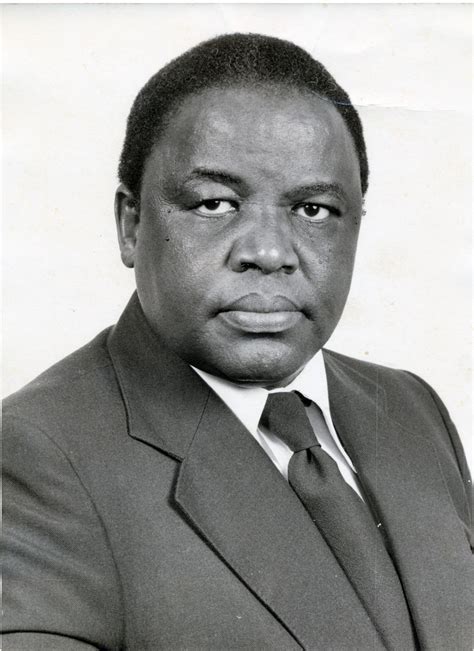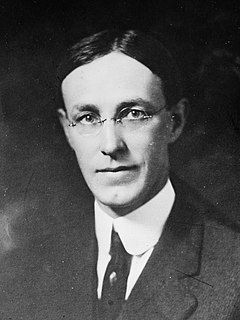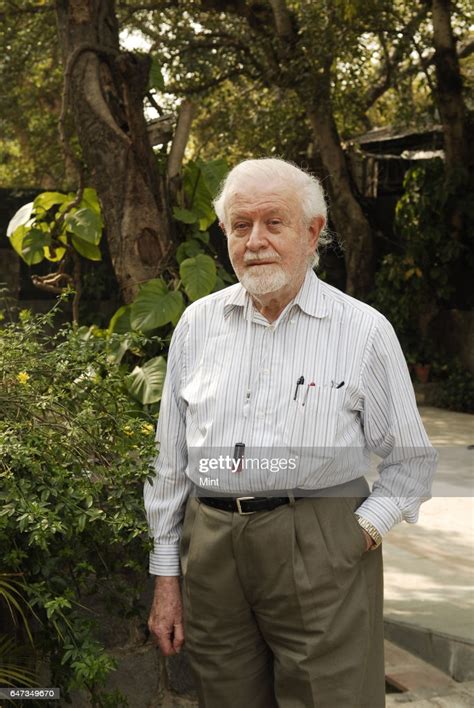A Quote by Akbar Ganji
Revolutions invariably don't solve the issue of justice, and in its place, suppression and limiting freedom replaces that idea.
Quote Topics
Related Quotes
To an American, that which deprives him of his freedom he regards as injustice, and that which allows him to enjoy that freedom he regards as justice. The concept of justice is as central to the totality of his being as freedom is, and this is not surprising, since the motivating idea behind the American Declaration of Independence was the fervent desire for justice.
I'm still committed to the socialist idea because the socialist idea, correctly understood, includes the principles of freedom and social justice. It also includes the recognition of the value of democracy. When we speak about social justice, it means that freedom should be used not only in the interest of profit but also in the interest of the advancement of the people who create all values.
The State, on the other hand, both in its genesis and by its primary intention, is purely anti-social. It is not based on the idea of natural rights, but on the idea that the individual has no rights except those that the State may provisionally grant him. It has always made justice costly and difficult of access, and has invariably held itself above justice and common morality whenever it could advantage itself by so doing.
In China, your freedom is always limited, but this limitation applies to almost everyone. If someone does injustice to you, though, you have to find a way to avenge yourself - even by illegal measures. In a sense, injustice is more personal. This idea has always been in Chinese history. I think we read about freedom of speech, or lack of freedom of speech, in China so often. But I don't think people here in America think about how justice, or the idea of justice, is so important in a Chinese setting. It's probably more important than freedom of speech in the Chinese mindset at this moment.
Global warming is a justice issue. It's a justice issue because global warming is theft - theft from our own children and grand children, of their right to a livable future. It's a justice issue, because its victims are, and will be, disproportionately poor and of color, those least able to contend with or to flee, the storms, droughts, famines, and rising tides of global warming.
Whatever may be the immediate gains and losses, the dangers to our safety arising from political suppression are always greater than the dangers to that safety arising from political freedom. Suppression is always foolish. Freedom is always wise. That is the faith, the experimental faith, by which we Americans have undertaken to live.































